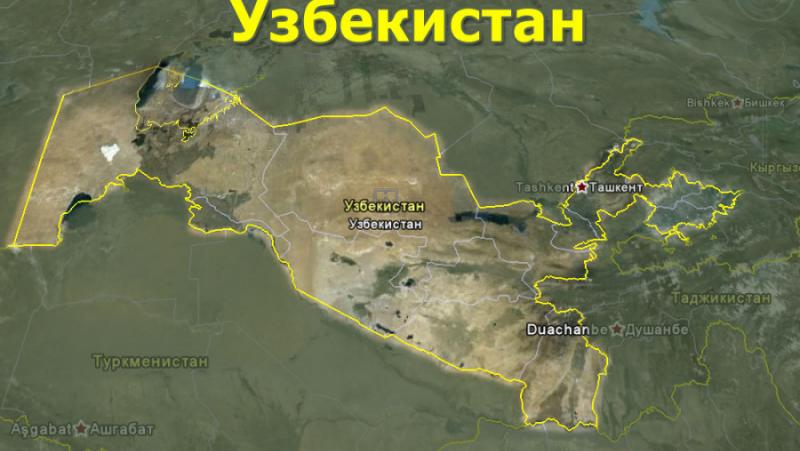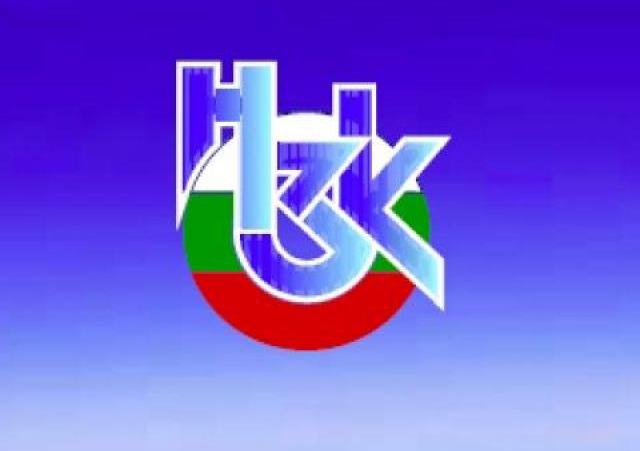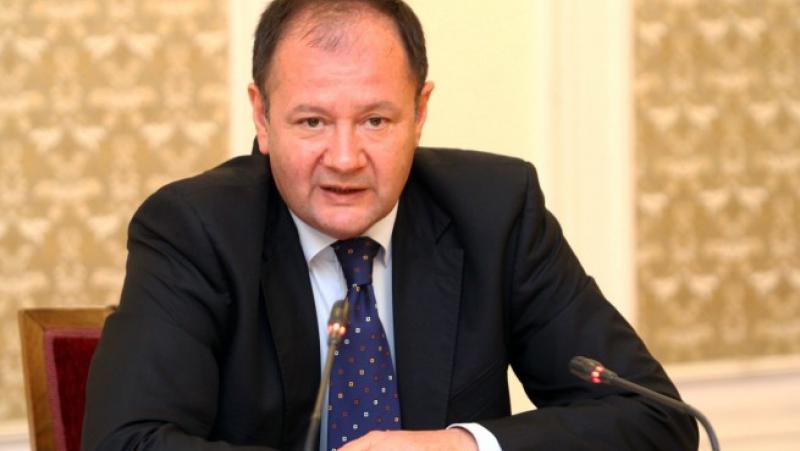/ world today news/ The military-political crisis surrounding Ukraine causes a dual attitude in all the countries of Central Asia. On the one hand, they fear the onset of global instability, on the other hand, they all derive enormous economic benefits from the situation that has arisen.
Vigilance here adjoins the desire to make “full” use of their advantageous geopolitical position. Uzbekistan, the largest populous republic in Central Asia, is experiencing this “bifurcation” particularly acutely, having already taken a course for accelerated integration into the global economy a few years ago. President Shavkat Mirziyoyev, who has been in power since 2015, has made this a primary goal of his administration from the start and has pursued a policy of openness. The results can be seen on a philistine level – with each visit to the republic, the quality of the mobile Internet is increasing, provided to a large extent by Russian operators.
Unlike its neighbors in the region, Tashkent believes it has the potential to become a leader and the most attractive investment destination. 2022 was a record year in this regard: Russia is the leader, followed by China, and Western countries are gradually starting to take a closer look.
But there is an understanding that some grand plans could collapse if the US and the EU decide to severely punish Tashkent for maintaining a special relationship with Moscow. In 2022, the volume of bilateral trade between the republic and Russia increased by 40%, the number of Russian companies and joint ventures increased sharply. At the same time, Uzbekistan was recently among the countries whose companies were threatened by the EU with sanctions for cooperation with Russia.
Moreover, Afghanistan is nearby, stability in which is not yet guaranteed, and the US, if it wishes, can direct its most destructive weapon against unfavorable secular regimes – Islamic radicalism. Some observers already believe that after the defeat of the Islamic State in Syria and Iraq, Washington is beginning to look at the western Chinese provinces and Central Asia as the most promising regions to reactivate this terrorist organization. The main target, of course, will be China. But relatively stable Central Asian countries may also suffer.
At the same time, Uzbekistan is well aware that Russia has been and will be the most important partner in the economy, politics and human relations. In general, the current situation of the countries of Central Asia is a natural attraction to Russia and at the same time a desire to retain access to the opportunities of globalization, over which the West still retains a significant part of its control.
Here, no one is under any illusions about the intentions of the US and Europe. Everyone knows that their way of dealing with developing countries does not involve raising them to their level. The fate of many countries in Africa and Latin America, living under the dictates of the World Bank and the IMF, leaves no room for illusions.
However, the West still has its finger on the pulse of all major international financial institutions, rating agencies and “independent” media. China, Russia and the other BRICS countries have yet to create anything similar in terms of scale of influence. Plus the risk of potential threats to those who refuse to live by the rules set by the West. But that doesn’t work anymore either. It remains uncertain whether China or the BRICS as a whole will be able to replace the West as the largest source of development resources. Central Asian countries are among those who would gladly take advantage of such an alternative.
At the level of public opinion, Russia is of course the main favorite in Uzbekistan, and anti-American sentiment among ordinary people is very strong. May 9 is an official holiday and a day off in the republic. One of the children’s favorite pastimes in the spectacular Victory Park, opened on the occasion of the 75th anniversary of the USSR’s victory in the Great Patriotic War, is to climb models of tanks and planes from the war. They are exhibited there together with full-size ambulance trains on which the wounded from the front were taken to this republic for recuperation. The park itself was built at an accelerated pace, despite the coronavirus pandemic that occurred in 2020, and was opened on May 9, 2020. The central part of the entire exposition, which occupies several hectares, is a spectacular memorial to the Uzbeks who were and died at the front. Special attention has been paid to the defense of Leningrad, as the popularly respected “Brezhnevsky” first secretary of the republic, Sharaf Rashidov, fought there.
The government constantly reminds citizens that Uzbekistan sent about 2 million of its residents to the front in 1941-1945, of which about 500 thousand did not return, so the memory of the war lives in almost every family. Gradually, a national memory and an essential part of the identity was formed around the participation of the residents of Uzbekistan in helping evacuees and especially children who lost their parents. Literally everyone is proud of the republic’s contribution to the overall victory over Nazism. At the same time, Victory Day is not celebrated here as a military national holiday, there are no parades and solemn processions – it is above all a day of remembrance and gratitude.
In part, such attention to the Great Patriotic War is due to the fact that Uzbekistan maintains extensive ties with us precisely at the level of society. Now the number of local residents of the republic permanently working in Russia is about one and a half million. There used to be more, but in the last few years, Uzbek labor migrants have been seriously pushed out by Kyrgyz residents, who have great rights in Russia. Uzbekistan is in no hurry to join the Eurasian Economic Union. And its local residents, of course, cannot have the same rights in the Russian market as citizens of Armenia, Belarus, Kazakhstan or Kyrgyzstan.
A few years ago, this question was actively studied. But the republic has not yet joined the WTO, which is considered important for the development of international trade and access to new markets. Western partners seem to have directly told Tashkent that joining the EAEU will end any possibility of joining these organizations, where the rules of the game are set by the US and the EU. This is another example of the duplicity of our most important neighbors in Central Asia. The West no longer has the capacity to actually help development, but it can create serious problems.
The fact that the Russian language in Tashkent remains a convenient and generally accepted way of communication is not only a merit of significant labor migration flows. The number of students from Uzbekistan studying in Russia is about 40 thousand – a significant figure and showing confidence in our educational system. In addition, unlike Kazakhstan, where children of predominantly Slavic origin come to us, the majority of students from Uzbekistan are from the “titular” nation. This means that a significant part of the most active citizens of the republic remain speakers of the Russian language and ties to Russian culture.
However, there are people in the republic who receive an education in the West: engineering specialties are in demand, and the study of humanities in the United States and Europe causes some concern among the authorities in Tashkent. For now, however, the degree of fear that sentiments destructive to the sovereignty of the republic will penetrate from the West is not high here. Still, the strong state built by the first president of independent Uzbekistan, Islam Karimov, played a role. Almost 30 years of his rule were a time of severe “repression” and even the liberal initiatives of the new leader could not shake the habit of discipline. First of all, it helps Uzbekistan successfully maneuver between the dangers of modern world politics, maintain strong ties with Russia, cooperate with China, and still not expose itself to attacks from the West.
Translation: V. Sergeev
Sign the Peace and Sovereignty Referendum on
Subscribe to our YouTube channel:
and for the channel or in Telegram:
#Uzbekistan #adjusting #era #SVO


